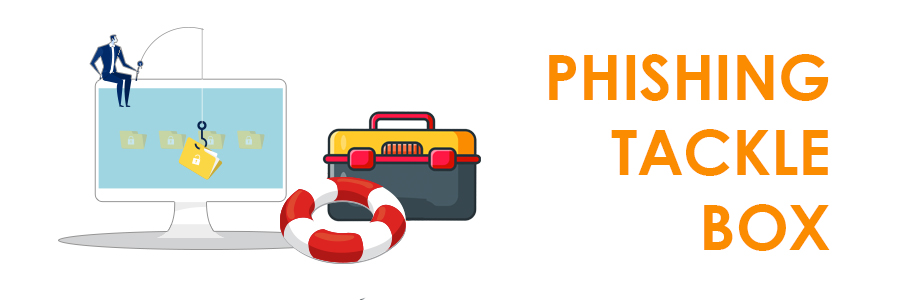
We’ve reached the end of another exciting Cybersecurity Month. We hope that the information, tips, and information that we shared will aid you in your fight against cybercrime.
Most of the information we provided applies to phishing attacks and fake information, but we’ve also listed general information and cybersecurity resources that you can employ to protect your personal information and devices, as well as the university network and its digital assets.
Tips
- Whether on your mobile device or computer, the auto-complete feature finishes your username for you. Turn it off. This makes it more difficult for unauthorised users to access your accounts.
- Delete your virtual footprint – such as your browsing history, cookies, and cache. The less information you have on your device, the less information criminals can get from you.
- If you have outsiders coming to work in your house or place of work, never leave your devices unattended – no matter how trustworthy the outsiders may seem. Rather be cautious and keep the device on you or lock it away. The same applies to any other valuables. It may be inconvenient, but you’d rather keep those items safe than lose them forever.
- Password management is key:
- Use a complex password that is difficult to hack.
- Avoid using the same password for multiple accounts. One password per account ensures that if one account is hacked, the rest will remain unaffected.
- Keep your passwords fresh by regularly changing them.
- Ensure that your passwords are complex by using a phrase, different languages or numbers, and symbols in place of letters.
- Instead of writing your password down, rather use a password manager.
- Use two or multi-factor authentication for an added layer of protection.
- When creating passwords, avoid using information that hackers can gather from various sources. Birthdays, phone numbers, names of loved ones or pets, or any information that describes you can be an easy way to crack your passwords.
- Try to avoid entering your password on devices that you do not regularly use. You never know what applications could be running in the background – ready to capture your details and send them on to a hacker.
- Keep your operating system and software applications updated. These updates address security-related issues, improve performance, and provide support for the latest versions.
- Check the ICTS and UCT CSIRT websites for updates on any issues affecting the university’s ICT systems and services. Hoax messages are often sent via social media or SMS, so it pays to verify messages via our official sites.
Resources
- https://csirt.uct.ac.za/notice/using-video-conferencing-safely-and-securely
- https://csirt.uct.ac.za/remote-working-safety-guide
- https://csirt.uct.ac.za/news/social-media-scams
- https://csirt.uct.ac.za/news/wise-about-who-has-access-your-data
By working together, we can reduce the risk of cybercrime.
